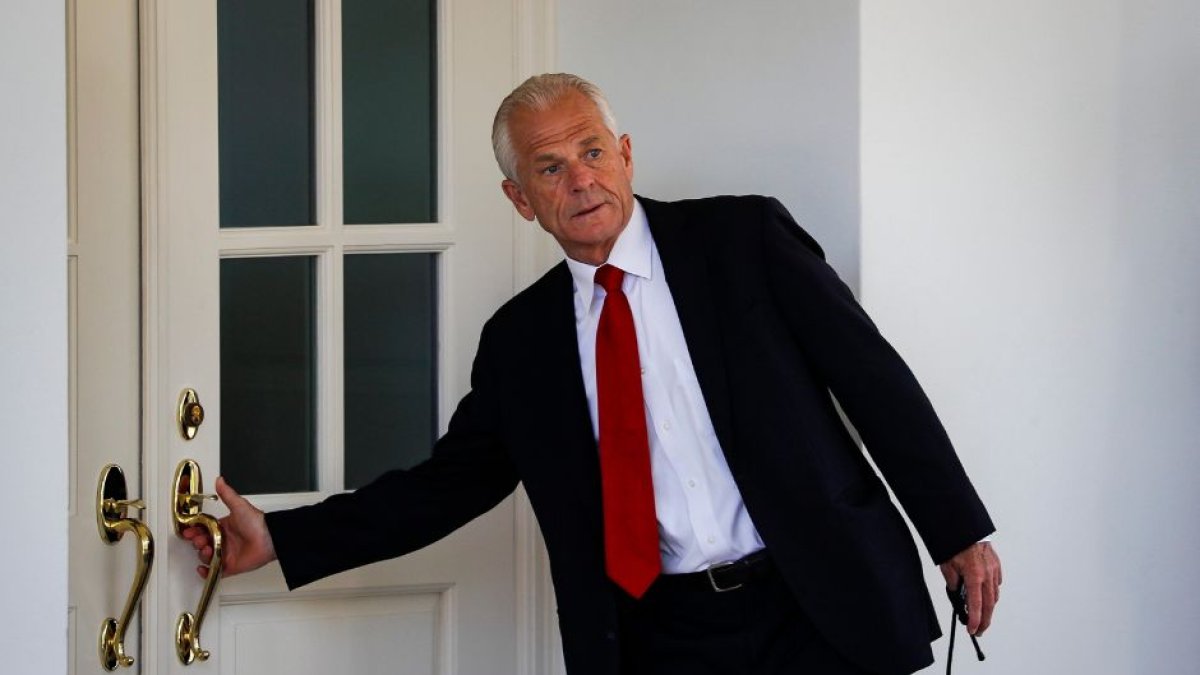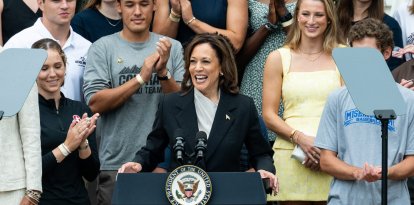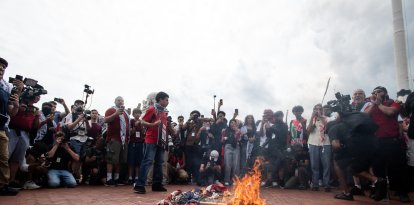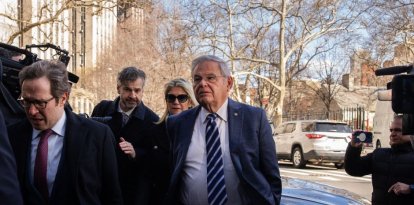Supreme Court rejects Peter Navarro's request to avoid prison
Donald Trump's former advisor filed this appeal after being convicted of contempt of Congress. Tuesday is the deadline to turn himself in.

(Cordon Press)
The Supreme Court denied the release of Peter Navarro, who was seeking to avoid prison after being convicted of contempt of Congress when he was summoned to testify before the committee that investigated the events that occurred on Jan. 6, 2021. Tuesday is the deadline for Donald Trump's former advisor to voluntarily report to a federal prison in Miami.
John Roberts, chief justice of the Supreme Court, ruled against Navarro, considering that his appeal lacked grounds to avoid prison. "I see no basis to disagree with the determination that Navarro forfeited those arguments," Roberts said.
As soon as he learned of the latest judicial ruling rejecting his release, Navarro issued a statement in which he indicated that the constitutional separation of powers "will be irreparably damaged":
At the end of January, the Justice condemned Navarro to four months behind bars and to pay a financial fine of $9,500 for two minor counts of contempt after failing to comply with his obligation to appear before the defunct federal committee that investigated the incidents of January 6.

























